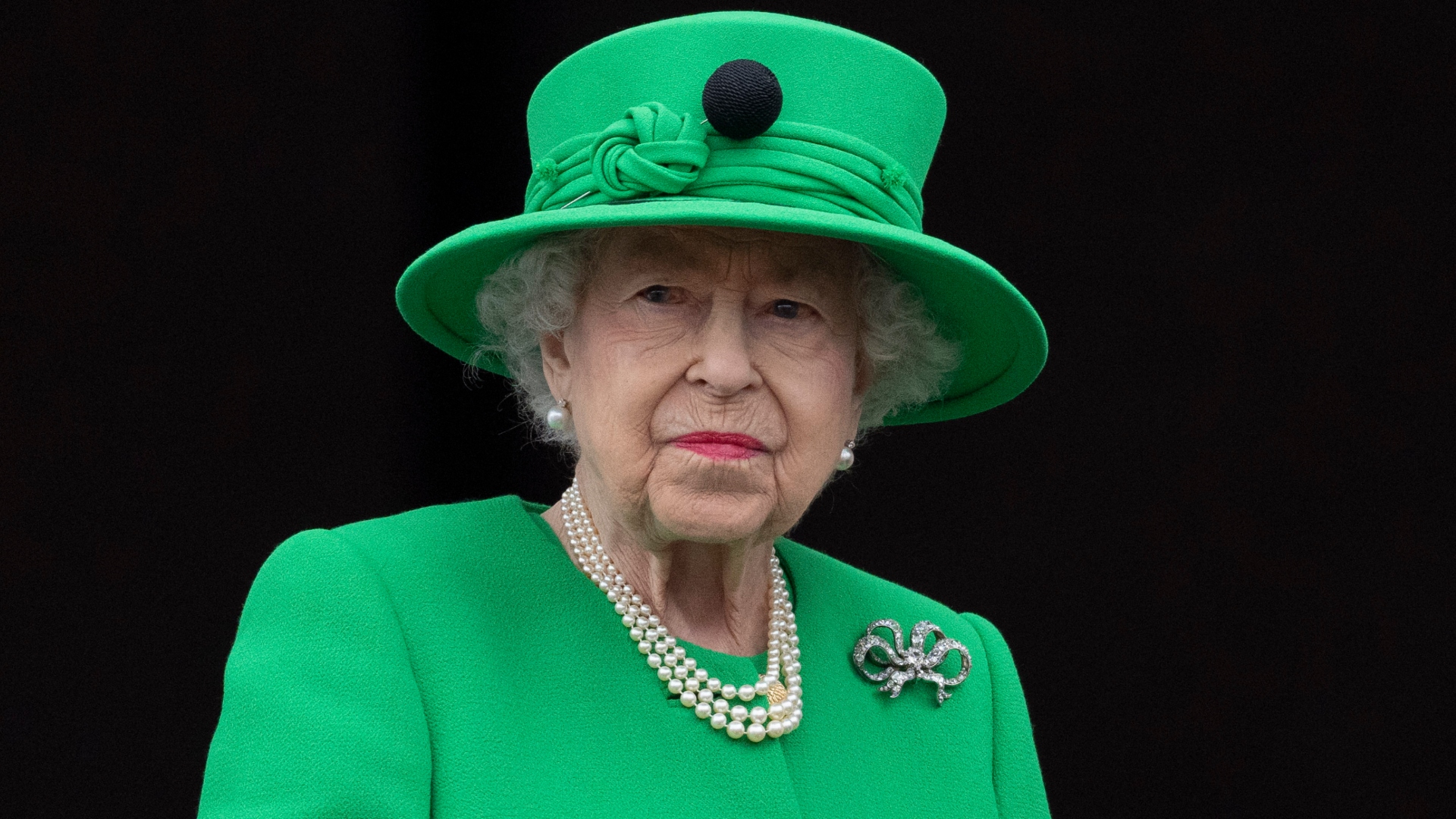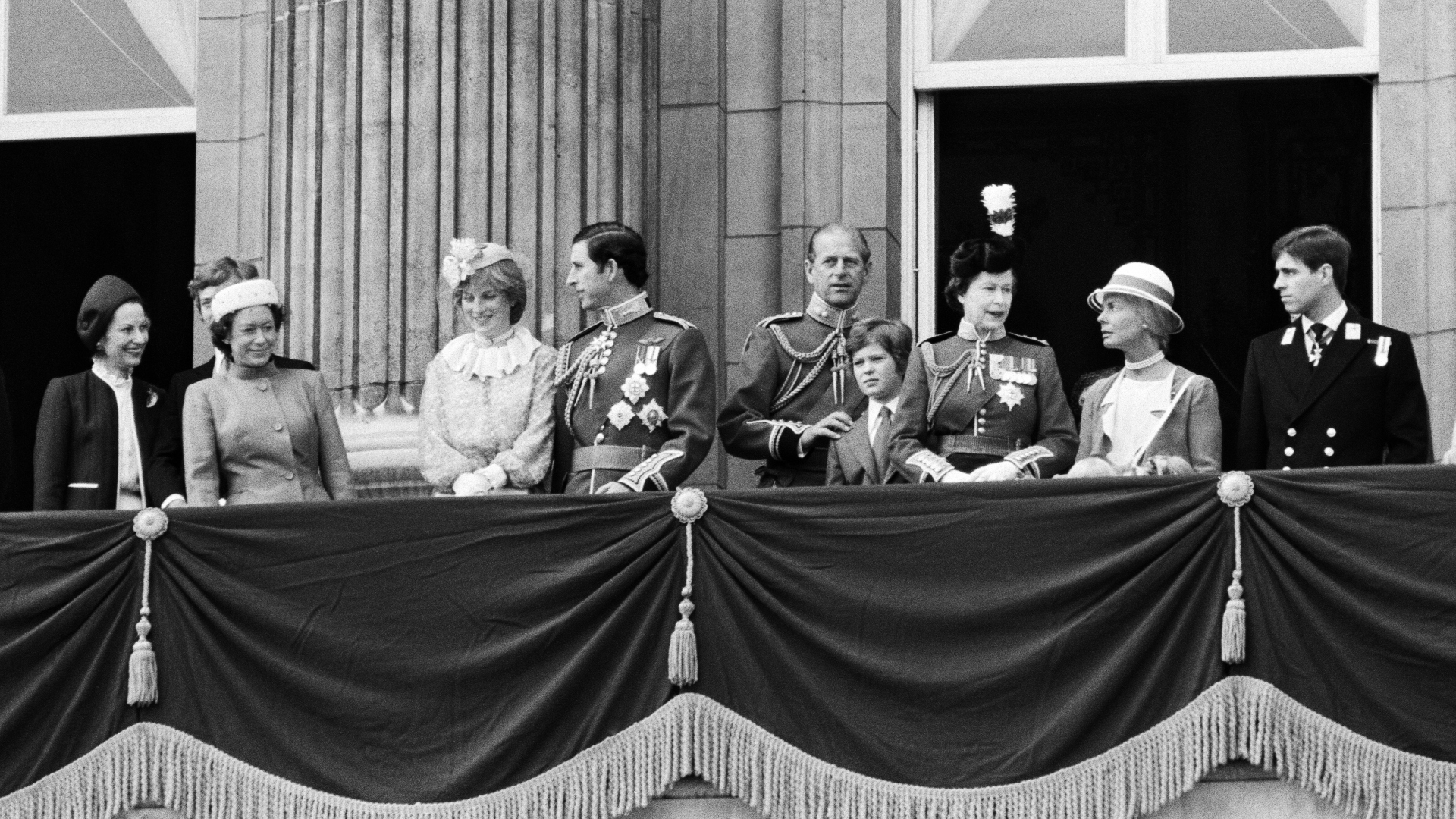Man faces treason charges after attempting to overthrow the Queen - but what does that mean and what is treason punishment?
What is the Treason Act? What is the penalty for committing treason? Everthing you need to know as unusual charges made


The man charged under the Treason Act for threatening to kill the Queen, may face punishment for treason. So what is the penalty for treason and does it lead to a mandatory sentence?
- The Queen's home invader is facing punishment for treason - which is a rare occurrence.
- This relates to the armed man who was arrested after breaking into Windsor Castle at Christmas.
- In other royal news, Princess Charlotte's cheeky faces during latest public outing give Prince Louis a run for his money.
It's no wonder that the Queen and senior royals concerned by security changes after the crossbow intruder breached Windsor Castle. Per BBC News, the man in question, Jaswant Singh Chail. Jaswant was sectioned under the Mental Health Act shortly after his arrest.
The 20-year-old has now been charged under the Treason Act. These charges were laid down after the Metropolitan Police Counter Terrorism Command's investigation into the incident, which happened on Christmas 2021.

The Crown Prosecution Services (CPS) confirmed that the decision to press charges followed an investigation by the Met's counter-terrorism unit. In a statement the CPS said, “The Crown Prosecution Service reminds all concerned that criminal proceedings against Mr. Chail are active and that he has the right to a fair trial." They added that he is currently still in custody and will next appear at Westminster Magistrates’ Court on August 17, 2022.
Scotland Yard announced that the offenses are under Section 2 of the 1842 Treason Act - in this case, "discharging or aiming firearms, or throwing or using any offensive matter or weapon, with intent to injure or alarm Her Majesty."
What does treason mean?
The word treason may sound very old-fashioned to many and stir up gory images from shows like the Tudors - luckily it no longer has such bloody consequences. But what is the penalty for treason and what does it mean?
According to its definition in the Cambridge English Dictionary, the crime of treason is described as, " showing no loyalty to your country, especially by helping its enemies or trying to defeat its government."
Sign up to our free daily email for the latest royal and entertainment news, interesting opinion, expert advice on styling and beauty trends, and no-nonsense guides to the health and wellness questions you want answered.
Who was the last person to be convicted of treason?

The last person to be convicted under the Treason Act was Marcus Serjeant, a 17-year-old who fired six blank shots at the Queen during the Trooping the Colour ceremony in 1981.
Marcus was described as shy and a loner, according to PEOPLE. It's reported that the young man had grown obsessive about the assassinations of American President John F. Kennedy and former Beatle John Lennon. The publication added that passages of his diaries read, “I am going to stun and mystify the whole world with nothing more than a gun – I will become the most famous teenager in the world.”
According to the BBC, he served more than three years in jail, before being released in October 1984.
What is the penalty for treason?

According to section 2 of the 1842 Treason Act, those convicted can face up to seven years imprisonment.
Treason has varying levels, with high treason being the absolute worst charge that can be brought and it even led to famous executions like that of Guy Fawkes and even one monarch - King Charles I.
Luckily, per BBC News, nobody can be executed for high treason anymore, as that was formally abolished in 1998. Although the Act has not been used since World War Two, technically, people can be sentenced to life in prison if convicted with charges.

Aoife is an Irish journalist and writer with a background in creative writing, comedy, and TV production.
Formerly woman&home's junior news editor and a contributing writer at Bustle, her words can be found in the Metro, Huffpost, Delicious, Imperica and EVOKE.
Her poetry features in the Queer Life, Queer Love anthology.
Outside of work you might bump into her at a garden center, charity shop, yoga studio, lifting heavy weights, or (most likely) supping/eating some sort of delicious drink/meal.